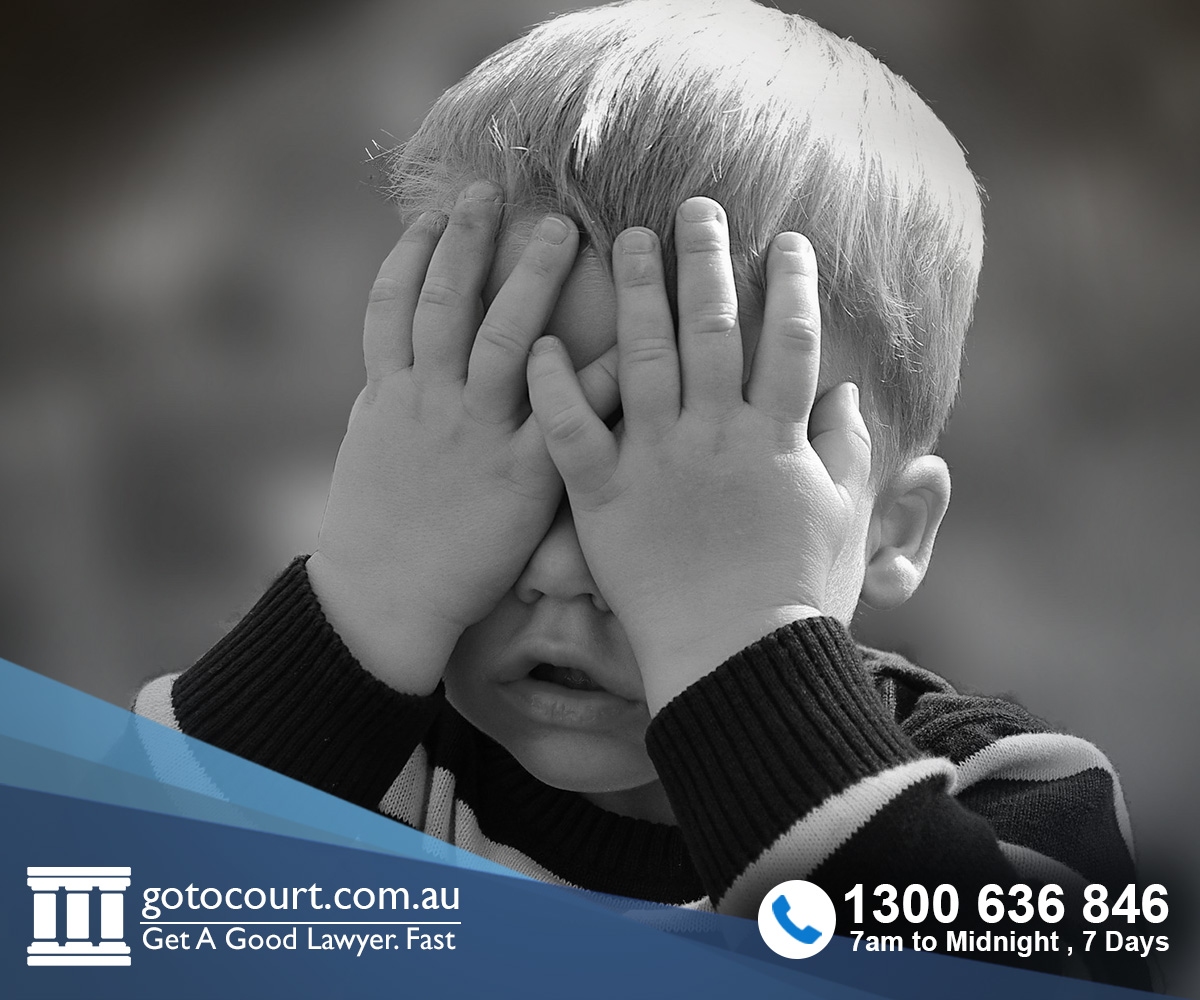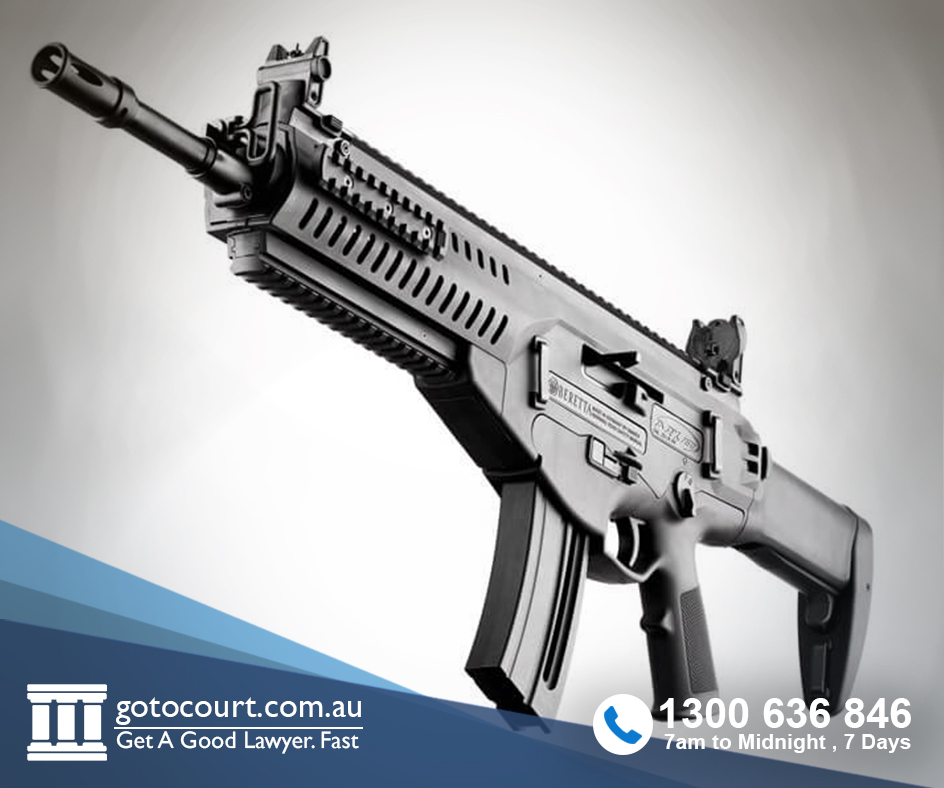How Does An Intervention Order Affect a Firearms Licence? (Vic)
The legislative scheme regulating the suspension and cancellation of a firearms licence in Victoria is more complex than in some other states. In Victoria, an intervention order can be made under the Family Violence Protection Act 2008, the Personal Safety Intervention Order Act 2010 or under the Crimes (Family Violence) Act 1987. When a person has a final order made against them they become a Prohibited Person under the Firearms Act 1996. This means they must surrender any firearms licence they hold and any firearms they possess.
However, a Prohibited Person may apply to have their status as a Prohibited Person reversed so that they can get their firearms authority and weapon back. Research has shown that the majority of respondents who apply for this to occur are successful, provoking criticisms that the Victorian firearms licensing scheme is too lenient on domestic violence offenders.
Who is a Prohibited Person?
Under the Firearms Act, if you are currently serving a term of imprisonment for an indictable offence, an assault or a drug offence, you are a Prohibited Person. You are also a Prohibited Person if you have served a sentence of five years or more for one of those offences within the last 15 years, or have been released less than five years ago.
If you are subject to a final Intervention Order (IO) or Domestic Violence Order (DVO), you are a Prohibited Person and you remain a Prohibited Person for five years after the date the order expires (Section 3).
It is an offence, punishable by a maximum of 10 years imprisonment, for a Prohibited Person to possess, carry or use a firearm (Section 5).
Does a DVO or IO automatically mean I am a Prohibited Person?
If the court intends to make a family violence intervention order, it must make enquiries as to whether the respondent holds a firearms licence, a weapons approval or is a person to whom a weapons exemption applies (Section 94).
If the court makes an Interim Intervention Order, this order may include a condition suspending any firearms authority or weapons approval the person holds or suspending the application of the weapons exemption to that person for the period the interim order is in force. However this does not occur automatically when an interim order is made, nor is it a mandatory condition. Having an interim order made against you does not make you a Prohibited Person.
When the court makes a final Intervention Order against a person, whether this is made under the Family Violence Protection Act, The Personal Safety Intervention Orders Act or the Crimes (Family Violence) Act the person becomes a Prohibited Person. Respondents who have had final intervention orders made against them in other states and territories are also Prohibited Persons under the Firearms Act. This means that they may not possess or use a firearm regardless whether the order had a specific condition in it relating to firearms. A person who has had a final order made against them remains a prohibited person for five years from the date of the expiration of the final order, provided they do not have this status reversed by a court prior.
When making a final order, a court may impose conditions to the effect that the respondent’s firearms authority or weapons approval is cancelled or that the application of the weapons exemption to them is cancelled. If such conditions are made, the respondent will not be able to have their Prohibited Person status reversed.
Can I get my firearms licence back?
Under Section 189 of the Firearms Act, a person can apply to be deemed not a Prohibited Person or to be deemed a Prohibited Person only for limited purposes. This application can only be made by someone who does not have specific conditions affecting their weapons license in the order against them.
The application is made to the Magistrates Court by completing and filing a form. The applicant must notify the Chief Commissioner and the protected person that the application is being made and they will have the opportunity to be heard. The protected person can oppose the respondent’s application and they do so, the police will generally support them. Police will sometimes oppose an application even if the protected person doe snot do so. If the application is opposed, it will be set down for hearing and evidence will be adduced by both sides as to why the firearms licence should/should not be restored.
If you need legal advice or representation in relation to a domestic violence or a firearms matter, please contact Go To Court Lawyers.




